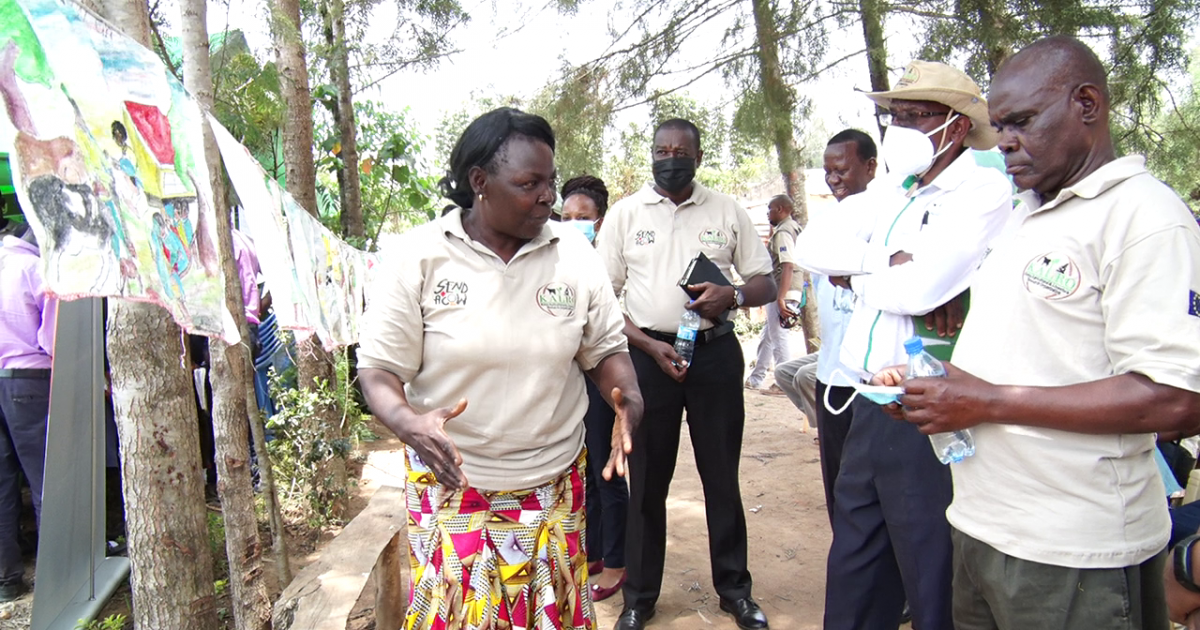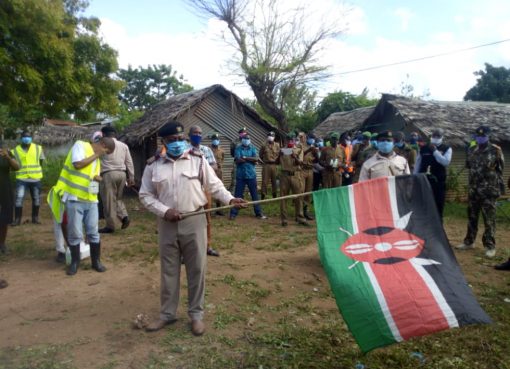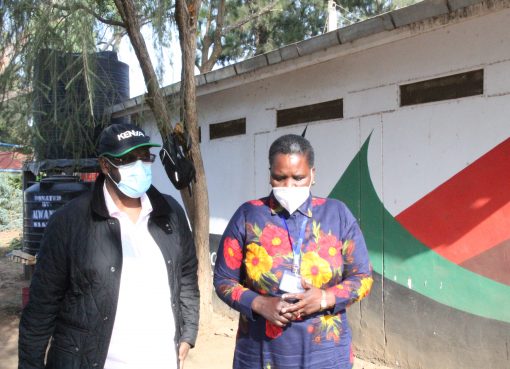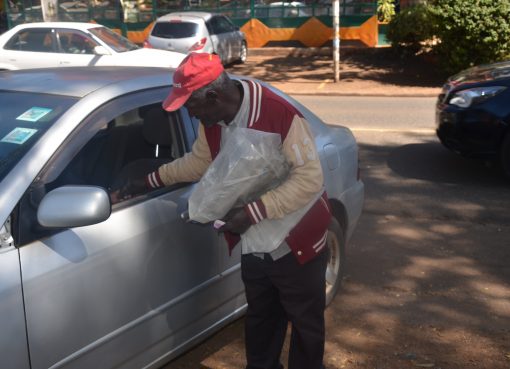Researchers at the Kenya Agricultural and Livestock Research organization (KALRO) in Kakamega are working tirelessly to come up with new smart climate agricultural methods in response to climate change.
Speaking during an Agricultural Field Day at Maraba market, Centre Director KALRO Kakamega Dr. Joseph Munyasi said the organization is committed to supporting climate resilience agricultural methods, livestock and crops to counter human-induced climate change.
“Farmers should not only depend on crops but also embrace rearing domestic animals especially now that some crops don’t yield much due to the change in climate in Kenya,” said Manyasi.
One of the interventions by KALRO is the introduction of climate smart indigenous chicken technologies which have high productivity and withstand harsh climate conditions.
The director explained that the improved indigenous chicken has high egg production and faster growth rates.
“We invent technologies in line with climate change in our country. Some of the other inventions are in the sweet potatoes, cassava and maize which grow fast,” he noted.
Manyasi urged farmers to embrace the new technology to ensure that crops produce high yields despite climate change.
Send-A-Cow programme and partnership manager Alfred Juma noted that the farmers who embraced the indigenous improved chicken farming when it was introduced were very successful.
He said that chicken farming could be practiced by anyone ranging from the physically challenged and people of all ages from the youth to the elderly.
“We have farmers who have over 300 chicken who depend entirely on them for a livelihood,” he said.
Speaking to KNA, Juma said that through the project, the farmers were able to educate their children, provide food and meet other basic needs.
Juma called upon the government to increase field officers to offer training to the farmers on proper farming techniques as most rural populations depended on agriculture.
He added that the government should encourage farmers to grow the invented crops so as to enhance food security in the country.
By Margaret Andeso





